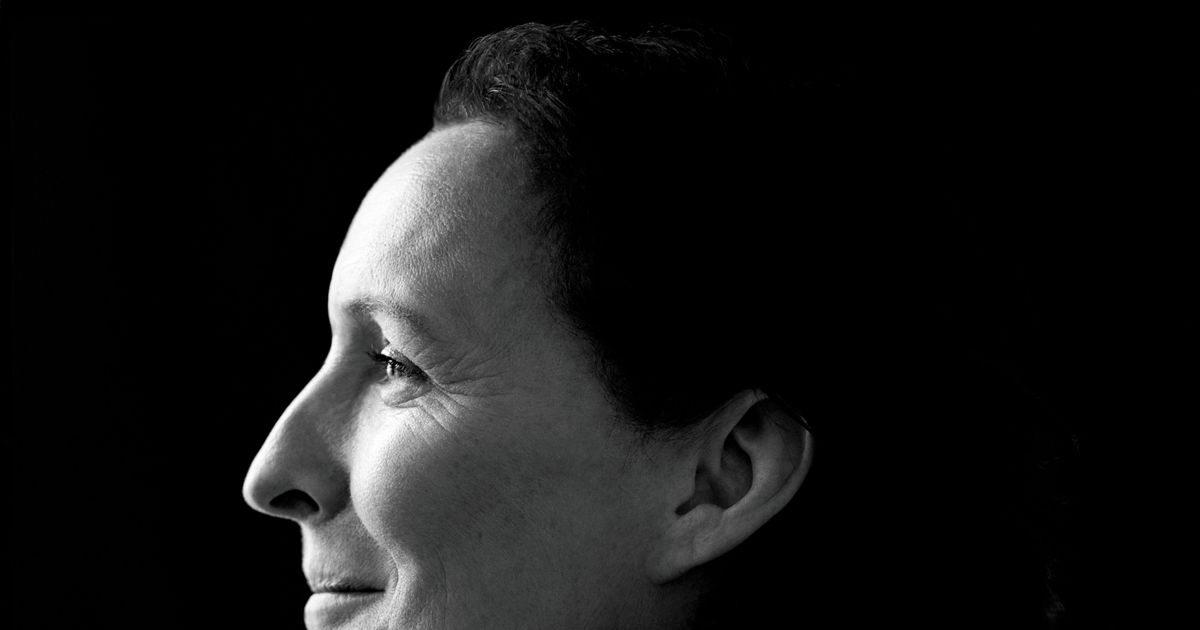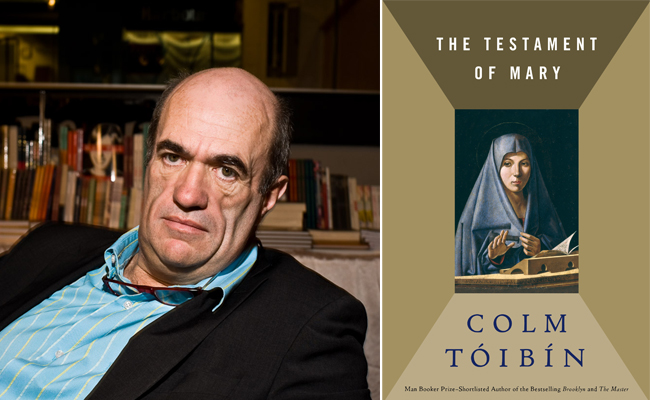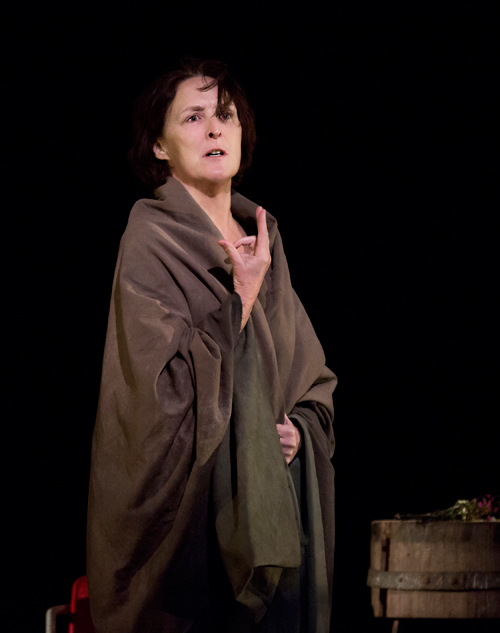
“Oh, everyone in the world!”įrom the perspective of a woman who watched her son die in extremes of agony at the hands of brutality such as she could not imagine witnessing and continuing to live, these words are meaningless. When the disciples attempting to re-educate her into the “official” version of the story say her son had to die so that “everyone in the world will know eternal life,” a bitter note of sarcasm enters Streep’s mostly placid narrative: “Oh, eternal life!” she dryly says. Streep has an impressive ability to crest the structurally intricate sentences Toibin has fashioned, which sometimes have the flowing, rhythmic cadences of certain passages in the Bible itself.

And there is, again, the sheer beauty of the voice, which has a cello-like resonance, slightly dark-timbred. But often there is also a simmering intensity, as of overwhelming feeling held just barely in check. The result: simplicity, honesty, a clarity that draws us into the emotional landscape of the book through the beauty of the writing - and it is as beautiful as anything this gifted Irish writer has produced. Except in some of her lighter comic roles, she’s never been an actress who makes it look effortless she’s no Fred Astaire of screen-acting technique.īut while the role of Toibin’s Mary is richly specific - that is the marvel of the book, how vividly and complexly human, as opposed to legendary, the figure speaking to us seems - Streep employs no accent, and obviously we are not going to be either enchanted or distracted by her adeptness at physically refashioning herself to suit a character. I have to confess I’ve often resisted her film work, admiring her dazzling technical facility while at the same time being distracted by it.

Streep has become celebrated for her chameleonic changes, often involving impeccable accents of various kinds. Streep’s voice is familiar to generations of moviegoers, but its beauty as an instrument can be appreciated in this context as it often cannot be in films.

The voice in “The Testament of Mary” is that of a woman recalling events she witnessed - culminating, I need hardly add, in the brutal crucifixion of her own child - with a hard-won and desperately necessary detachment: To fully re-enter the emotion of the experience would lead to the total collapse of the hollowed-out shell this woman has become. Although both actress and director are inventive and highly intelligent artists, the elaborate, fussy production they came up with belied the elemental serenity that is a hallmark of the book. That staging, directed by Shaw’s frequent collaborator Deborah Warner, was to me a frustrating disappointment. This past spring, another theatrical interpretation was produced on Broadway, with another great Irish actress, Fiona Shaw, playing the role. Later Toibin expanded the text into a book published in 2012 and shortlisted for the Man Booker Prize. In fact, Toibin conceived and wrote Mary’s testament as a dramatic monologue, which was performed by the great Irish actress Marie Mullen at the Dublin Theater Festival in 2011. The novel is short, to begin with (just 81 pages), and written in the first person, obviating the sometimes cumbersome chunks of description that can challenge one’s powers of concentration. “The Testament of Mary” is sort of an ideal audiobook. the woman who gave birth to the man who radically changed the course of Western history. Streep has recorded the audio edition of “The Testament of Mary,” Colm Toibin’s haunting, austere and deeply affecting book written in the voice of a figure who has gone largely voiceless (if hardly imageless) throughout the history of Christianity: the Virgin Mary, a.k.a. Now she’s landed a ripe plum of a different kind, and one that, in my view, provides her with yet another great role.

(And blithely stooped to conquer quite a few of the not-so-juicy ones, too, as in “Mamma Mia!”) She’s virtually been sanctified as the Greatest Film Actress of her generation, which is why she’s managed to gobble up practically all the juicy roles for women over 45 in Hollywood in the past decade or so. What’s more, Streep is practically a religious icon herself - or an aesthetic one, anyway. Doesn’t it seem inevitable that Meryl Streep would one day play the mother of Christ? Lord knows she’s played just about everybody and everything else: a Holocaust survivor, a chilly Australian housewife who lost a baby to a dingo, Margaret Thatcher and Isak Dinesen and Karen Silkwood, a Prada-wearing devil, a nun with a mean ax to grind, and, coming soon to a theater near you, the devouring Oklahoma mama of the Pulitzer Prize-winning play “August: Osage County.”


 0 kommentar(er)
0 kommentar(er)
